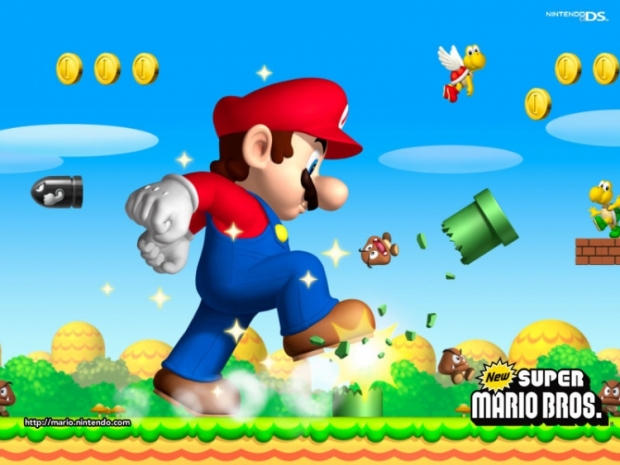The game was hugely popular at least in terms of downloads and customer interest, but users were mortified how much they were expected to shell out .
As news of users discontent seeped out, investors pushed the Japanese game makers' stock to a one-month low.
Super Mario Run hit 25 million downloads just four days after its December 15 release in 151 countries earning gross sales of about $21 million.
But the game received negative reviews from users, mainly complaining about its $9.99 one-time cost, rather than the usual model of paying small amounts for special features.
Sensor Tower analyst Spencer Gabriel said that Mario was the most popular gaming franchise in the world, yet we see only about eight percent of those who try the game actually buying it.
Gabriel did not think that this was a statement on the game's quality, but the perceived value when compared to free-to-play games that offer much more content with optional micro transactions that enable players to experience it sooner.
Super Mario Run is free to download on the App Store where, in Japan, it is rated 2.5 stars out of 5 based on 1,095 reviews.
One reviewer said that Super Mario was a fee app disguised as a free app. Money needs to change hands after playing for 10 minutes and the fee is rather big.
Nintendo was unhappy about entering smartphone gaming because it feared that it would harm its core console gaming business.
But Pokemon GO which was based on Nintendo characters saw 25 million downloads and there was pressure for the company to do something that would make it money.
Nintendo said that the pricing was designed to reassure parents that they would be charged just once, not multiple times," when their children play the game.
The higher price was following late president Satoru Iwata who criticised titles that charged for rare in-game features which he said generated huge profit but also promoted addiction. He favoured profit via low prices and a large user base.
Published in
Mobiles
Mario’s smartphone title is an own goal
Too expensive
The former maker of playing cards, Nintendo, appears to have dealt itself a duff hand when it came to issuing its first Mario game for the smartphone.




